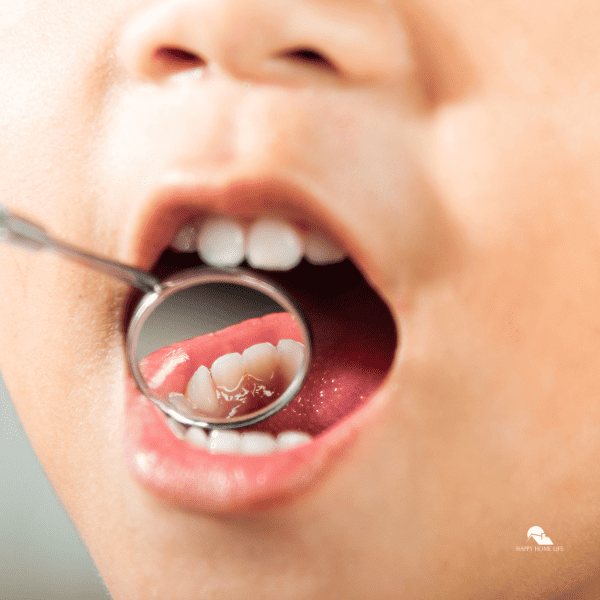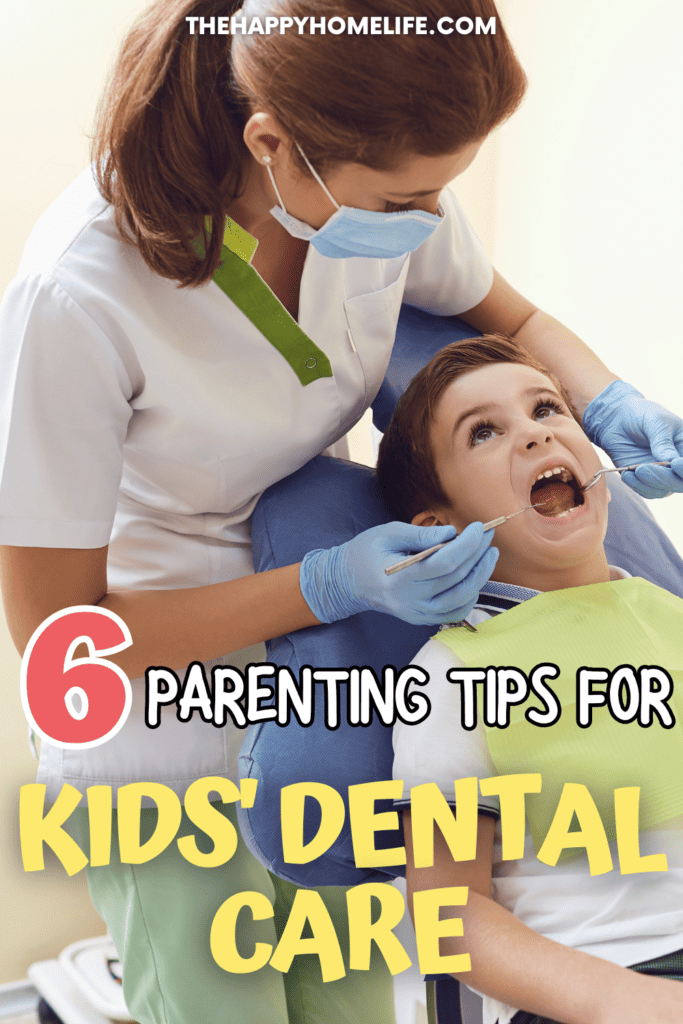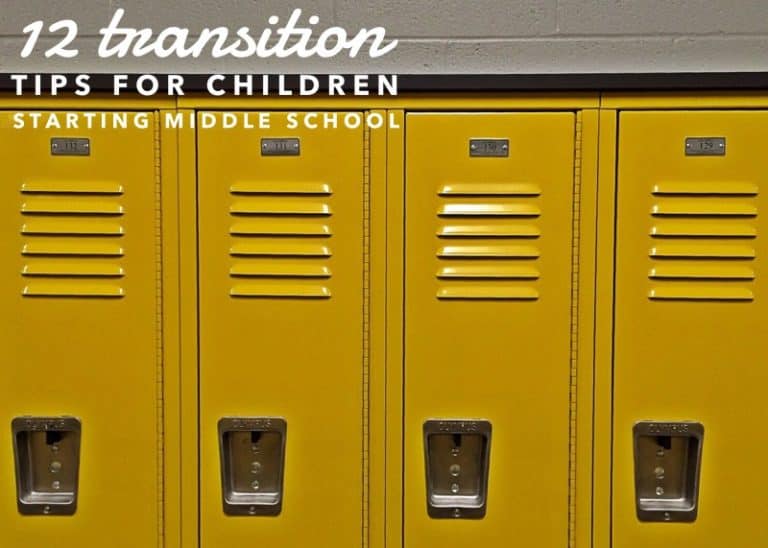Maintaining your child’s dental health is a vital component of their overall well-being. As a parent, ensuring your kid’s pearly whites stay healthy and strong can seem like a daunting task, but by adhering to a few simple guidelines, this challenge becomes much more manageable.
In the following sections, we’ll explore four tried-and-true tips for effective children’s dental care. These strategies aim to make oral hygiene an engaging and regular part of your child’s routine, setting the foundation for a lifetime of healthy habits.

Establish a Regular Brushing Routine
Establishing a regular brushing routine is the cornerstone of good dental health. Encourage your child to brush their teeth at least twice a day: once in the morning and once before bedtime. Moreover, teaching them the proper brushing technique – from the right angle to hold the brush to the importance of brushing all surfaces of their teeth – is equally vital.
Involve your child in the process by letting them choose their toothbrush and toothpaste. A toothbrush with their favorite cartoon character or toothpaste in a fun flavor can make brushing a much more enjoyable experience. It’s these small steps that make the routine less of a chore and more of an engaging activity.
Regular Dental Check-ups
Regular dental check-ups are an essential part of maintaining good oral health. These visits allow the dentist to detect any potential issues early and guide you and your child on appropriate dental care. Aim for a dental visit every six months. While dental visits can sometimes cause anxiety in children, finding a kid-friendly dentist can make the experience less daunting.
A dentist who specializes in pediatric dentistry will ensure your child feels comfortable and safe, turning the visit into a positive experience. With emergency pediatric dental care available, you can also rest assured that any dental emergencies will be taken care of promptly. Plus, your child will learn that dental visits are nothing to fear.
Encourage Healthy Eating Habits
A well-balanced diet plays a crucial role in dental health. Consuming foods rich in calcium, such as milk and cheese, can help strengthen your child’s teeth. It’s also crucial to limit sugary snacks and drinks, as they lead to tooth decay. Teach your children about the importance of eating fruits and vegetables. Besides their overall health benefits, crunchy fruits and vegetables like apples and carrots can help clean the teeth and gums.
Additionally, make sure your child drinks plenty of water throughout the day. Water helps rinse away food particles and bacteria from the mouth, reducing the risk of cavities and promoting fresh breath. Not only is a healthy diet beneficial for your child’s teeth, but it also sets the foundation for good nutrition habits that will benefit them in the long run. Not to mention, a healthy diet also contributes to their overall well-being.
Make Dental Care Fun
Dental care doesn’t have to be a chore. Incorporating fun elements can make it an enjoyable part of your child’s daily routine. This can be as simple as singing a two-minute tooth-brushing song, turning flossing into a game, or reading books about dental care.
Positive reinforcement also goes a long way. Consider establishing a reward system for consistent brushing and flossing. When your child sees these activities as exciting rather than obligatory, they will be more likely to maintain good dental habits as they grow.
Keep in mind that children learn through imitation, so it’s essential to lead by example. If your child sees you practicing good oral hygiene and making dental care a priority, they will be more likely to do the same. For example, you can brush your teeth together as a family and make it a bonding experience.

Lead by Example
Parents are a child’s first role models. Your attitude and habits towards dental hygiene will inevitably influence your child’s perception of its importance. Show them how you brush and floss your teeth daily, and express how fresh and clean your mouth feels afterward. This will not only set a positive example but also demonstrate that dental care is a normal part of daily life.
Moreover, if you have dental appointments scheduled, share your experiences with your child. Let them know that visiting the dentist is essential for everyone and nothing to be afraid of. By taking a proactive approach towards your dental health, you instill the same mindset in your child. This shared responsibility will make dental care a team effort, and your child will feel more involved in their own oral hygiene.
Introduce Dental Hygiene Early
Introducing dental hygiene at an early age is fundamental for a child’s oral health. The moment the first tooth appears, usually around six months, it’s time to start brushing. Early dental care serves as a preventive measure against tooth decay and gum diseases.
By incorporating dental hygiene into a child’s daily routine from a tender age, it becomes ingrained as a lifelong habit. Involving children in oral care activities – like brushing and flossing – also educates and familiarizes them with the tools and techniques used, reducing potential anxieties.
This early initiation helps children understand the importance of dental hygiene, setting them on a path to healthier teeth and gums. Thus, early introduction to dental hygiene is not only a vital step towards better oral health, but it also presents an opportunity to instill discipline, responsibility, and self-care in young minds. Not only will these skills benefit your child’s dental health, but they also promote overall well-being and personal growth.
In conclusion, helping your children develop healthy dental habits early on paves the way for a lifetime of strong, healthy teeth. A combination of effective daily routines, regular dental check-ups, a well-balanced diet, and a fun approach to dental care can turn this often daunting task into an enjoyable and rewarding experience.
The goal is not just to prevent cavities and tooth decay today, but to instill habits that will protect their oral health well into their adult years. Parents have the unique opportunity to be the first line of defense in their children’s dental health and the power to shape their children’s perspective on oral hygiene.







